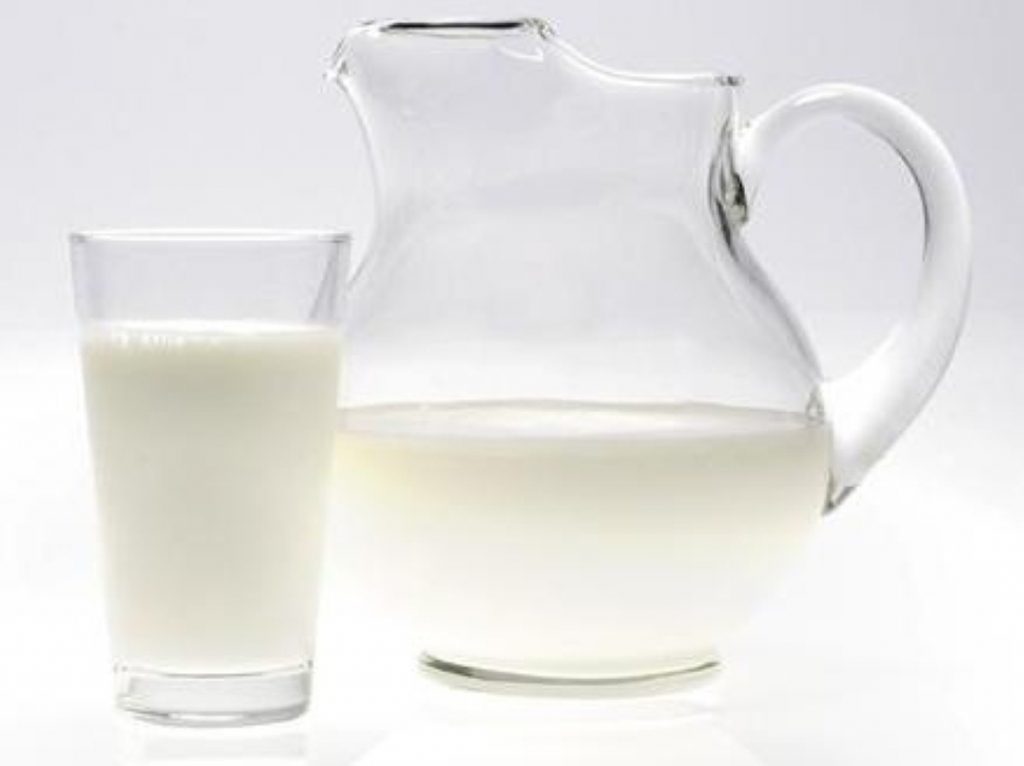Milk U-turn ‘reflects coalition chaos’
By politics.co.uk staff
Labour leadership contenders have jumped to criticise Downing Street’s intervention on free milk for under-fives, after David Cameron quashed a junior minister’s proposal yesterday.
Public health minister Anne Milton had been exploring options to replace the free milk funding with more money for the Healthy Start voucher.
No 10 indicated it had “ruled out” this move even as higher education minister David Willetts was defending the policy on air.


Shadow health secretary Andy Burnham, who is one of five contenders seeking the leadership of the Labour party, said he hoped the “sorry episode” would draw attention to the government’s food and nutrition policy.
“For the prime minister to undermine his ministers in this way – astonishingly while one is live on air in the middle of a TV interview – reveals the true extent of the policy chaos within his government,” he said.
“What prompted him to act in this bizarre way seems to have been the fear of being compared to Margaret Thatcher rather than the policy itself. It is no way to conduct government business.”
The former Tory prime minister earned the ‘milk-snatcher Thatcher’ nickname when as education secretary in the early 1970s she took the decision to end free school milk for under-sevens.
Leadership rival Ed Miliband went further, saying the move revealed the true extent of the government’s cutting “mission”.
This, he said, was to “pare back the welfare state to the barest safety net full of holes in order to further undermine it as part of the drive for a small state”.
He added: “We see it on housing benefit, council tenancies, tax credits and across the board. It proves the lack of truth in the government’s claims of fairness and social justice.”
Former Conservative health secretary Stephen Dorrell, now the chair of the Commons’ health select committee, acknowledged on the Today programme that Mr Cameron’s decision to intervene was not completely rooted in policy.
“It isn’t purely rational. It encompasses a whole range of human emotions,” he said.
“This incident reveals something that’s a continuum in political or other life – we try and make rational decisions, but we do so against a background of recognising that human beings are not wholly rational.”












